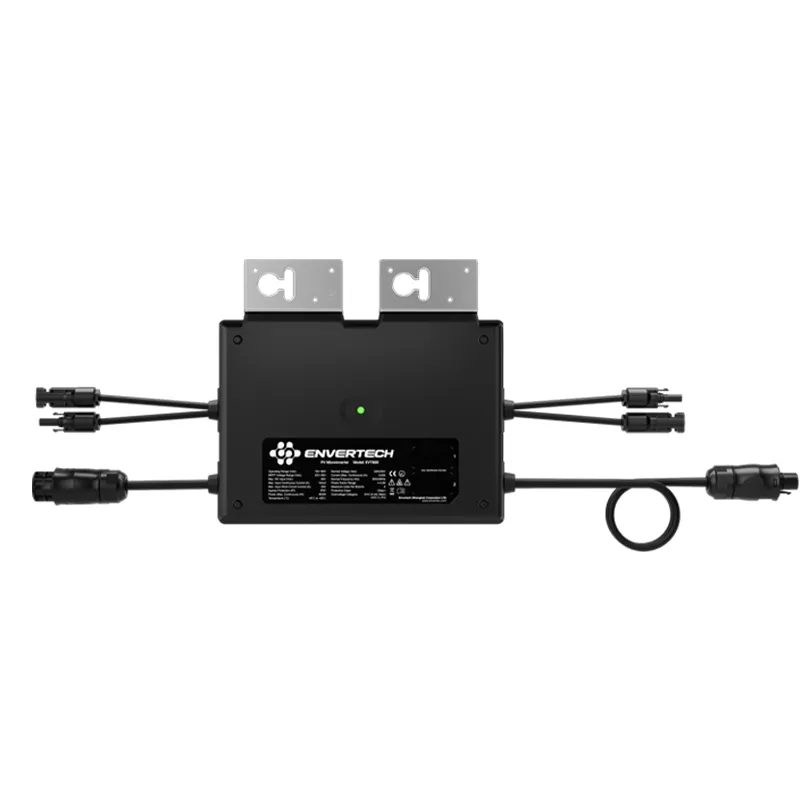Exploring the Price of 250 Watt Solar Panels for Affordable Energy Solutions
Understanding the Cost of a 250-Watt Solar Panel
As the world increasingly shifts towards renewable energy sources, solar power stands out as one of the most popular and accessible options for individuals and businesses alike. Among the various specifications available, the 250-watt solar panel has gained attention for its efficiency and cost-effectiveness. In this article, we will explore the factors that influence the cost of 250-watt solar panels, the potential savings they offer, and the overall value they can provide.
The Initial Investment
The average cost of a 250-watt solar panel can vary significantly based on several factors, including brand, technology, and location. Generally, the price ranges from $150 to $300 per panel. While this might seem like a considerable investment, it's important to recognize that the cost of solar panels has been steadily decreasing over the past decade due to advances in technology and increased competition among manufacturers.
In addition to the price of the panels themselves, installation expenses should be factored into the total investment. Installation costs can add another $1,000 to $3,000 depending on the complexity of the system, local labor rates, and whether additional equipment, such as inverters and mounting systems, is required. However, many installation companies offer promotional deals and financing options that can help mitigate these upfront costs.
Factors Affecting Cost
1. Type of Solar Panel 250-watt panels can come in various types, including monocrystalline, polycrystalline, and thin-film. Monocrystalline panels are typically more efficient and better in low-light conditions, making them more expensive than their polycrystalline counterparts. Thin-film panels are generally the least expensive, but they typically require more space due to lower efficiency.
2. Brand and Quality Well-established brands with a track record of reliability may charge more for their products. Conversely, lesser-known brands may offer lower prices but could have varying levels of quality and efficiency.
cost of 250 watt solar panel

3. Market Demand Like any commodity, the price of solar panels can fluctuate based on market demand. During periods of high demand, prices may rise, while technological innovations can lead to price reductions.
Incentives and Savings
One of the most significant advantages of investing in solar technology is the availability of incentives. Many governments offer tax credits, rebates, and grants that can substantially lower the overall cost of solar installation. For example, in the United States, the federal solar tax credit (Investment Tax Credit) allows homeowners to deduct a percentage of the installation costs from their federal taxes. In some areas, local or state incentives might further enhance these savings.
Moreover, installing solar panels can lead to substantial monthly savings on electricity bills. A 250-watt panel can generate between 800 to 1,000 kilowatt-hours (kWh) annually, depending on geographic location and sunlight exposure. This energy generation can offset a significant portion of a household's or business's electricity usage, leading to lower utility bills and a quicker return on investment.
The Long-Term Value
Beyond the immediate financial implications, solar panels can add long-term value to a property. Homes equipped with solar energy systems are often more attractive to potential buyers, and studies have shown that properties with solar panels can sell for more. Additionally, solar energy systems contribute to environmental sustainability by reducing reliance on fossil fuels, which is an increasingly important factor for many consumers today.
Conclusion
In conclusion, while the cost of a 250-watt solar panel varies based on several factors, the investment can lead to significant long-term savings and benefits. With the decreasing cost of solar technology, coupled with available incentives, transitioning to solar energy is more attainable than ever. As the push for renewable energy continues, embracing solar power not only makes financial sense but also contributes positively to the environment.
-
Unlocking Energy Freedom with the Off Grid Solar InverterNewsJun.06,2025
-
Unlock More Solar Power with a High-Efficiency Bifacial Solar PanelNewsJun.06,2025
-
Power Your Future with High-Efficiency Monocrystalline Solar PanelsNewsJun.06,2025
-
Next-Gen Solar Power Starts with Micro Solar InvertersNewsJun.06,2025
-
Harnessing Peak Efficiency with the On Grid Solar InverterNewsJun.06,2025
-
Discover Unmatched Efficiency with the Latest String Solar InverterNewsJun.06,2025







